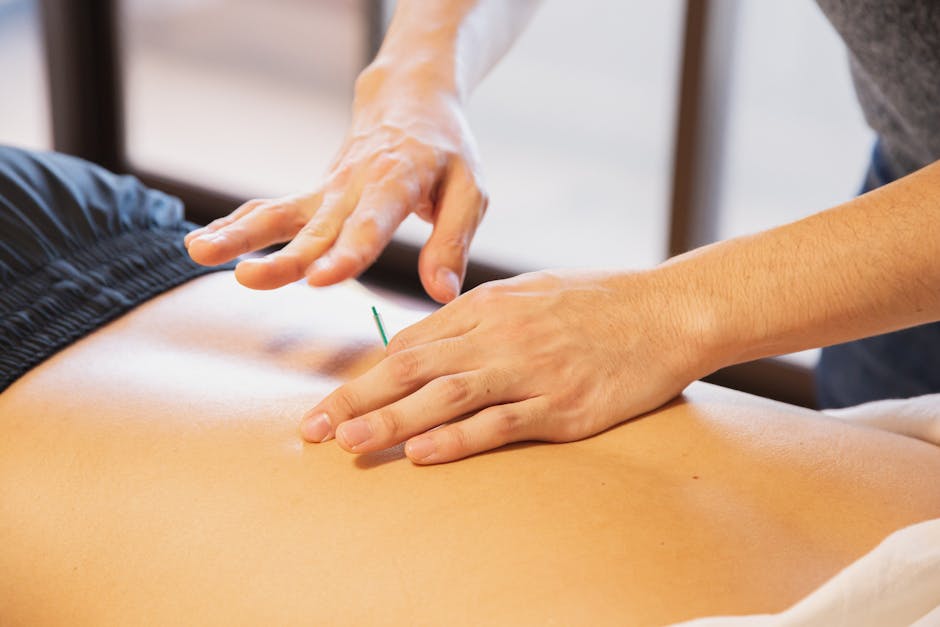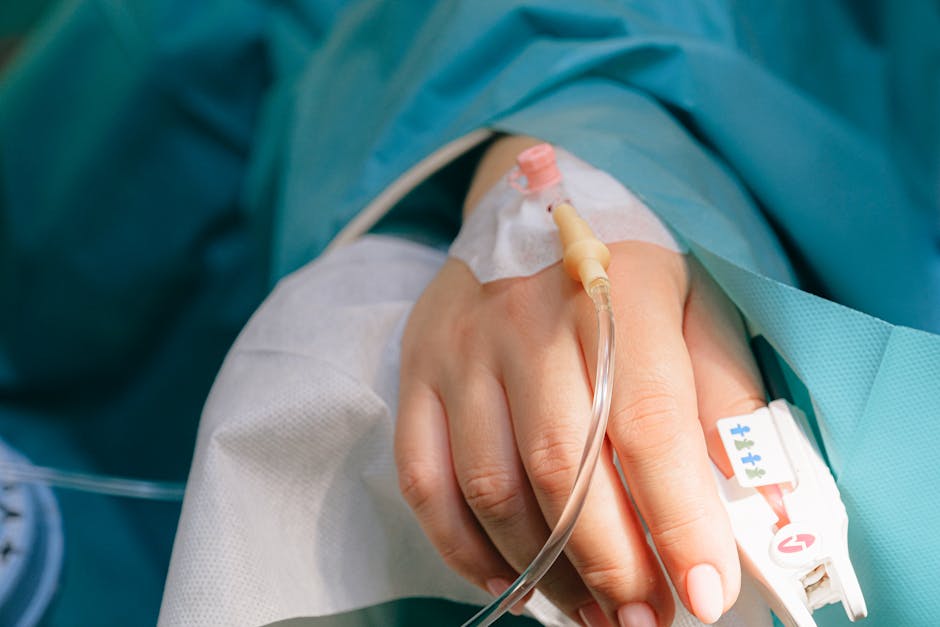7 Effective Acne Treatments: Find The Right One For You
Acne, a common skin condition, affects millions of people worldwide. It can range from mild whiteheads and blackheads to severe cystic acne. Finding the right treatment can be a journey, but understanding the different options available is the first step towards clearer skin. This post explores various acne treatments, from over-the-counter remedies to prescription medications and professional procedures.
One of the most accessible acne treatments is over-the-counter products. These typically contain ingredients like benzoyl peroxide or salicylic acid. Benzoyl peroxide works by killing bacteria that contribute to acne, while salicylic acid helps to exfoliate dead skin cells and unclog pores. These products are often effective for mild to moderate acne.
For more persistent or severe acne, a dermatologist may recommend prescription medications. Topical retinoids, derived from vitamin A, help to increase skin cell turnover and prevent clogged pores. Oral antibiotics can reduce inflammation and kill bacteria, while oral contraceptives can regulate hormones that contribute to acne in some women.
In addition to medications, several in-office procedures can effectively treat acne. Chemical peels use acids to exfoliate the skin and improve acne scars. Microdermabrasion involves using a device to remove the outer layer of skin, promoting cell renewal. Laser and light therapies can target acne-causing bacteria and reduce inflammation.
For those seeking natural remedies, tea tree oil is a popular option. It has antibacterial and anti-inflammatory properties and can be applied directly to blemishes. Another natural approach is to incorporate a diet rich in fruits, vegetables, and whole grains. Staying hydrated by drinking plenty of water can also contribute to overall skin health.
Managing stress levels is crucial for acne management, as stress can exacerbate breakouts. Regular exercise, yoga, and meditation are effective stress-reducing techniques. Getting enough sleep is also essential for skin health and overall well-being.
Proper skincare practices play a vital role in acne treatment. Cleansing the face twice daily with a gentle cleanser can remove excess oil and dirt. Avoiding harsh scrubbing and touching the face can prevent further irritation. Using non-comedogenic makeup and skincare products can also help prevent clogged pores.
Remember, finding the right acne treatment may require some trial and error. Consulting a dermatologist can help determine the best course of action based on individual skin type and acne severity. With patience and the right approach, achieving clearer and healthier skin is possible.


